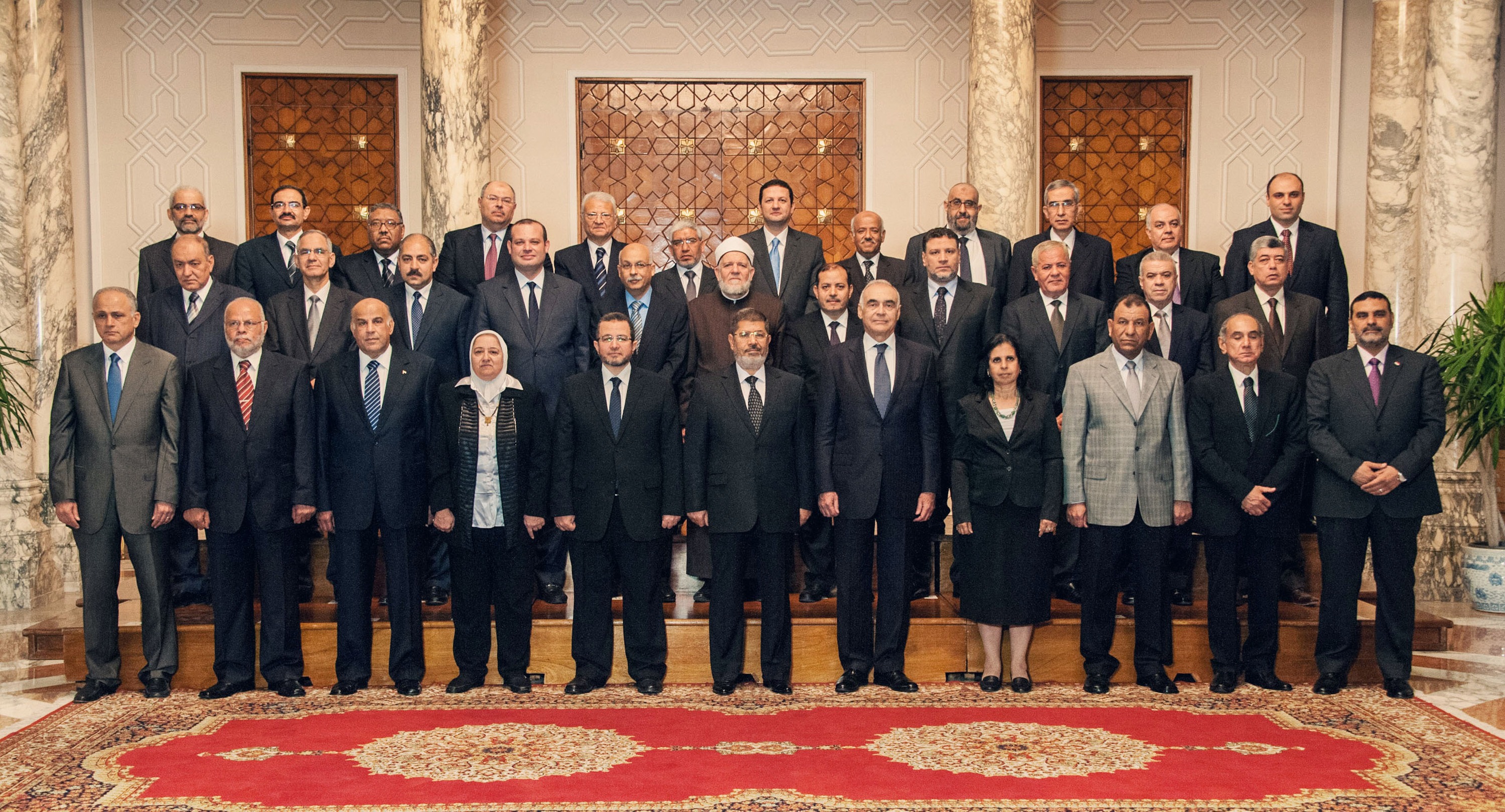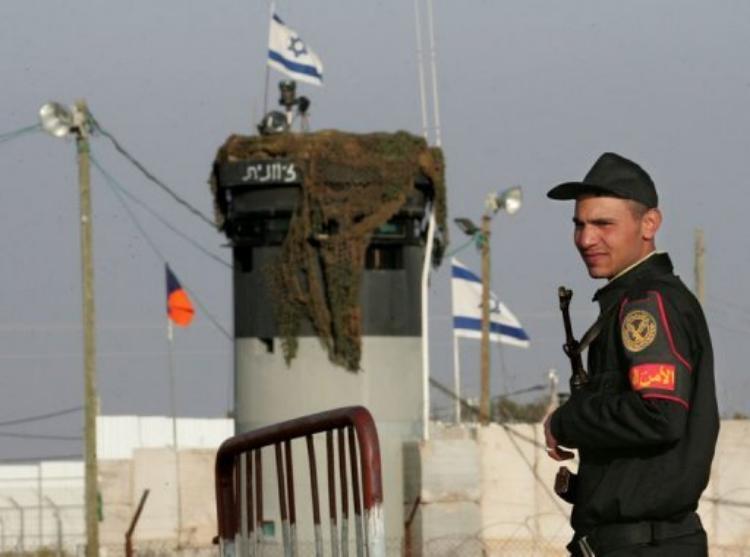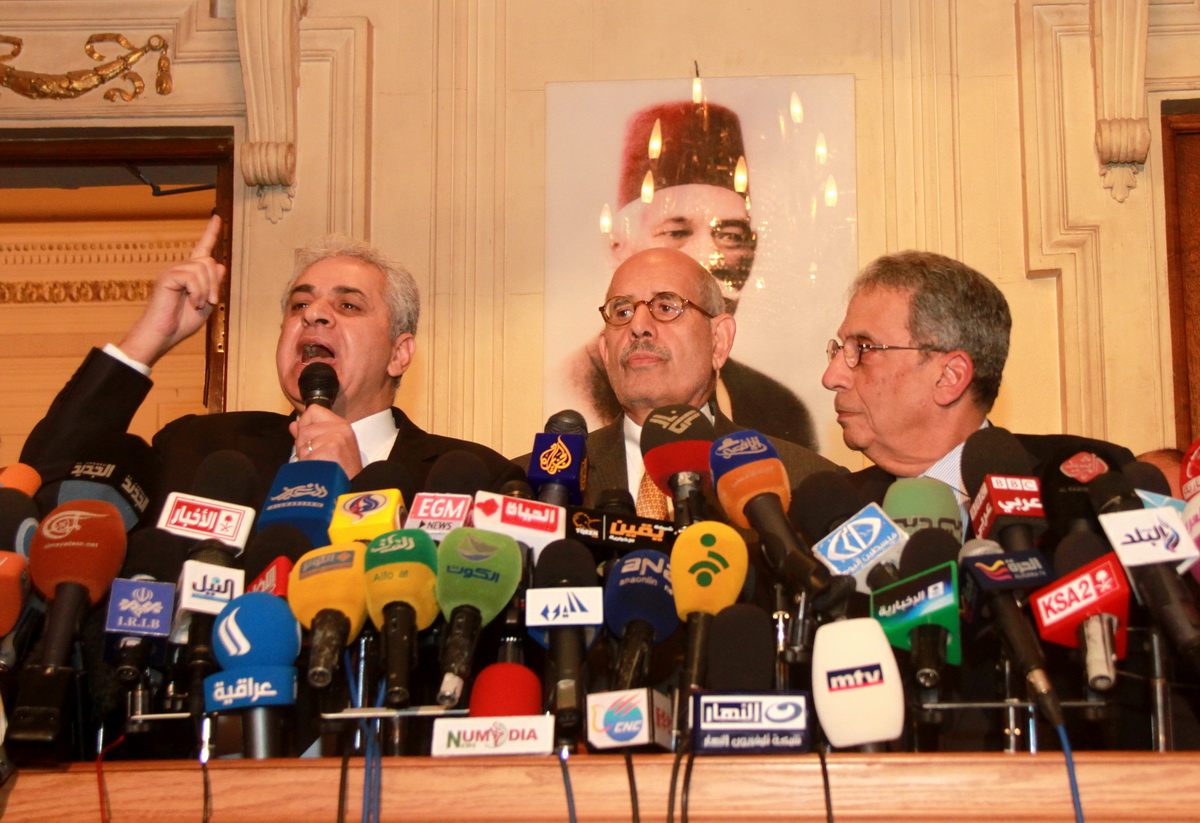ISTANBUL: As Lebanon braces for the possible indictment of Hezbollah operatives for the murder of former Prime Minister Rafik Hariri, the country’s economy is wobbling. The International Monetary Fund’s Mission Report of March 2009, pointing to the country’s 30 years of chronic political tumult, concluded that “Lebanon will remain vulnerable to shocks for many years” to come. While welcoming the anti-crisis action plan of the government at that time, the Fund held no illusion that it would be up to the task.
Later that year, however, the government of Saad Hariri, Rafik Hariri’s son, brought new hope, prompting the IMF to declare that it had “opened a new window of opportunity for invigorating economic reforms.” But the success of the planned reforms depends heavily on cooperation between Lebanon’s main political groups, the Sunni and the Shia, and there has been little of that so far.
Indeed, the influence of outside powers remains a central part of the equation. The meeting last July in Beirut between Syria’s President al-Assad and Saudi King Abdullah was tagged as a sign of rapprochement between two Sunni antagonists. But one of its purposes was to obtain the Syrian-backed Hezbollah’s support for an IMF-style recovery program. It remains unclear whether or not that goal was fulfilled.
Meanwhile, Lebanon’s main economic indicators show steady improvement: GNP increased from $21 billion in 2004 to $32 billion in 2009, inflation remains under control, foreign trade is balanced, and the unemployment rate is tolerable. Moreover, the Lebanese pound is pegged to the US dollar. According to the IMF, “the crisis did not directly affect the Lebanese economy, the banks are solid and the funds are flowing in.”
But, although the World Bank classifies Lebanon as an “upper middle income” country, with a per capita GNP of $10,800, 28 percent of the population lives below the poverty line. As many of Lebanon’s poorest are Shia, this provides fertile ground for Hezbollah recruiters.
Other economic shadows remain, with serious potential political implications. The IMF forecasts that the Hariri government should be able to tap capital markets to cover its financial needs for 2010. But the current budget relies on foreign aid to cover a $3 billion (10 percent of GNP) shortfall. The issue is not so much where the funds will come from as the amount itself. Lebanon’s growth rate, which has averaged 3.7 percent over the last 10 years, has been, according to the Fund, “lower and more volatile than (averaged) in the MENA [Middle East-North Africa] region.”
Under these conditions, it is difficult to see how the country can ever offset the damage caused by the various wars of the 1975-2006 period, estimated to have caused $35 billion in damage. The “emergency post-conflict assistance” (under $100 million) provided by the IMF after the 2006 fighting with Israel fell well short of the amount needed to rebuild. The Lebanese government has been boasting about the US aid that it has received. But this assistance — military hardware and a five-year military training program — does not address the country’s fundamental economic problems.
Moreover, although the World Bank accepted the country’s reconstruction program – called “Horizon 2000” — the money for it, from the European Investment Bank and Arab funds, has barely trickled in. In order to get further assistance, Lebanon urgently needs to strengthen its ties with the US, as well as those that it has been developing within the framework of EU Mediterranean Cooperation.
Turkish Prime Minister Recep Tayyip Erdo?an, as part of his recent drive to become the de facto leader of the Sunni world, and as part of his “zero problems with neighbors” policy, has lifted visa requirements for Lebanese traveling to Turkey. But this did not prevent a decrease in Turkish-Lebanese trade last year. Worse, a bilateral free-trade agreement has not been finalized, despite seven years of negotiations.
Yet this did not deter Turkey from organizing the Third Turkish-Arab Forum on July 10, 2010, with Syria, Jordan, and Lebanon. After much old-style “Nasserite” rhetoric, they decided to create the Close Neighbors Economic and Trade Association Council. While Turkey’s objective is a free-trade zone and economic integration between the four countries, Lebanon has been much more cautious. The Web site of its Ministry of Economy and Trade does not even mention such a plan (but does quote the Arab League’s anti-Israel Central Boycott Office).
The four countries will hold their next meeting in Damascus this coming December to decide on further steps. But the three Arab states are already members of the Arab Free Trade Zone GAFTA, which normally prevents participation in another free-trade zone. Moreover, in 2009, the Lebanese set World Trade Organization membership as a priority, and the proposed new free-trade agreement may not advance that goal. Turkey, for its part, finds itself in a similar situation with its candidacy for the EU.
Hariri’s government is set to keep its 71-member majority in Lebanon’s 128-seat parliament, helped by the 8 percent economic growth projected for this year. But there is always the risk that the IMF’s recommendations calling for more taxation — an increase in value-added tax and higher energy tariffs — together with Hezbollah’s recurring demands, might create a political earthquake. That earthquake could prove monumental, depending on how Hezbollah responds to any indictment over Hariri’s murder.
Kenan Mortan is Professor of Applied Economics at Istanbul Mimar Sinan University. His latest book is on Istanbul’s Grand Bazaar. This commentary is published by DAILY NEWS EGYPT in collaboration with Project Syndicate (www.project-syndicate.org).



